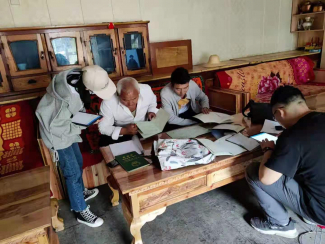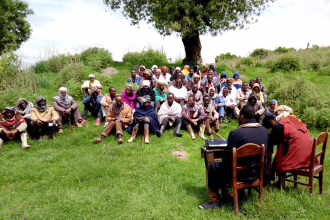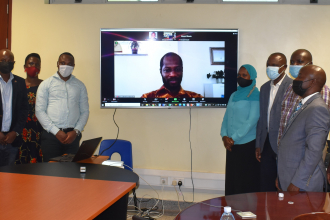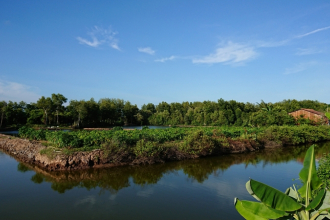EfD in unprecedented large-scale study of China’s forest tenure reform
EfD China has conducted a field study involving over 1,500 households and hundreds of stakeholders to evaluate the effects of the Collective Forest Tenure Reform. The purpose is to provide China’s






